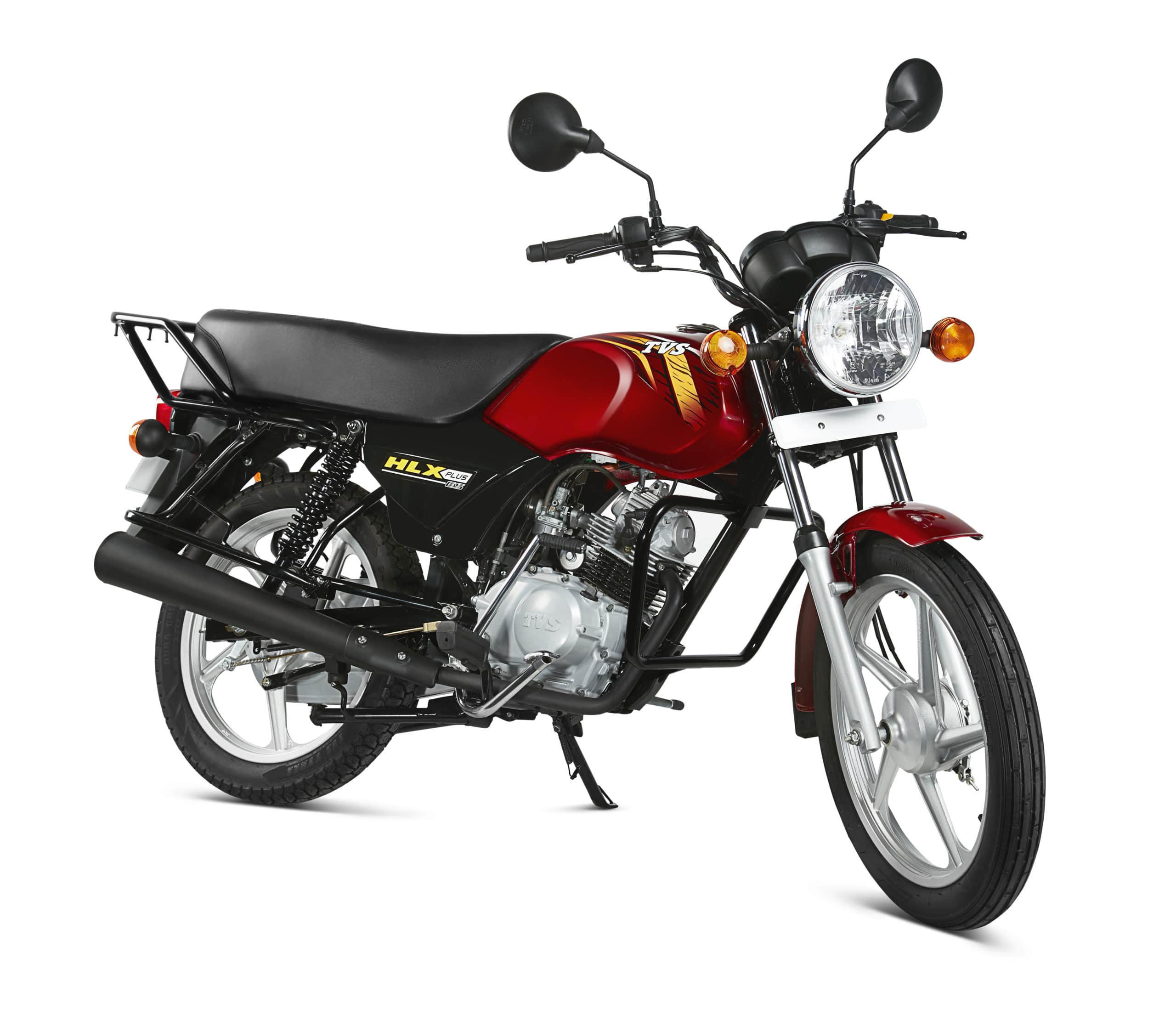According to the World Bank, Africa’s population is expected to reach 2.8 billion by 2060, which will result in local government’s focus on developing and strengthening transport networks. The continent’s two-wheeler market is projected to cross US$10 billion by 2022 owing to population, rising urbanisation and absence of reliable public transportation system in most of the African countries. The requirement for last-mile connectivity solutions presents opportunities primarily due to the relatively low penetration of two-wheelers vis-à-vis the total population of the continent. This has resulted in leading global two-wheeler manufacturers from China, Japan and India increasing their presence across the continent.
Two-wheelers in Africa
Africa devised non-conventional modes of public transport through vans and minibuses. More recently, two-wheelers are doubling up as public transport due to requirement of faster conveyance, excellent manoeuvrability offered by the products across the varying landscape, easy two-wheeler financing and the swelling influx of imports from Asian manufacturers.

The African auto market’s steady growth is supported by growing employment, improving urban infrastructure and the ability of Asian manufacturers to supply cost-efficient vehicles that are relatively low in maintenance while offering higher mileage. African countries such as Kenya, Nigeria and Tanzania have seen significant migration towards Indian two-wheeler brands. The spurt in growth is particularly prevalent in Kenya, where the government has extended tax waivers to both the imports of motorcycles and to local assembly plants.
Indian ‘Trust Factor’
Customers prefer Indian brands because they offer better quality, durability and higher fuel economy. Furthermore, Indian manufacturers build customised products for the African market as each region has distinct requirements. Therefore, the product portfolio developed by Indian R&D teams for the African markets focuses on catering to diverse customer preferences and the varied terrain. For example: Some markets are facing power shortage, therefore, TVS Motor Company provides thoughtful feature additions such as USB charging port for the customers to avail in case of emergencies.
As most two-wheelers in Africa double up as boda boda, ambulance taxi and two-wheelers, customers are looking for long-lasting and durable products. One challenge which African markets face during international imports of two-wheelers in the absence of complete service support. The lack of necessary service facilities and non-availability of spare parts often hamper the longevity of the vehicle.
Loading...
TVS Motor Company has been present in Africa for the past two decades offering the complete sale, service and spare support. The company builds multi-utility two-wheelers with fuel-efficient engines and strong suspensions to traverse diverse terrains. TVS Motor has set up its assembly plants via tie-ups with local partners in select countries such as Kenya, Uganda and Nigeria. The company has also set up a supply chain in Egypt and Nigeria. These partnerships have helped in creating local hubs, which in turn have generated employment and entrepreneurial opportunities for close to 1 million local populaces. TVS Motor has been providing staunch support to the market in the on-going pandemic in form of masks, sanitisation and food. All service center employees are trained to take adequate precautions and provide maintenance tips.
Future Opportunities
The trend of using personal commuting had emerged across the continent in recent years. In a social distancing led world of COVID-19, people will opt for solo and sanitised travel thus creating an opportunity for scooters and bebeks. The delivery sector is also expected to create opportunities for small tonnage two-wheelers along with institutional sales opportunity with government and private sector. In specific markets, ride-hailing apps are emerging.
Indian manufacturers are poised to meet this demand with a wide range of offerings. They are also expanding their network in the African market to offer sustainable mobility solutions to all commuters. The growth of this sector is good news for Africa as it would lead to job creation and increase employment opportunities.
Authored by: Mr. R Dilip, Executive Vice President – International Business, TVS Motor Company
Loading...
